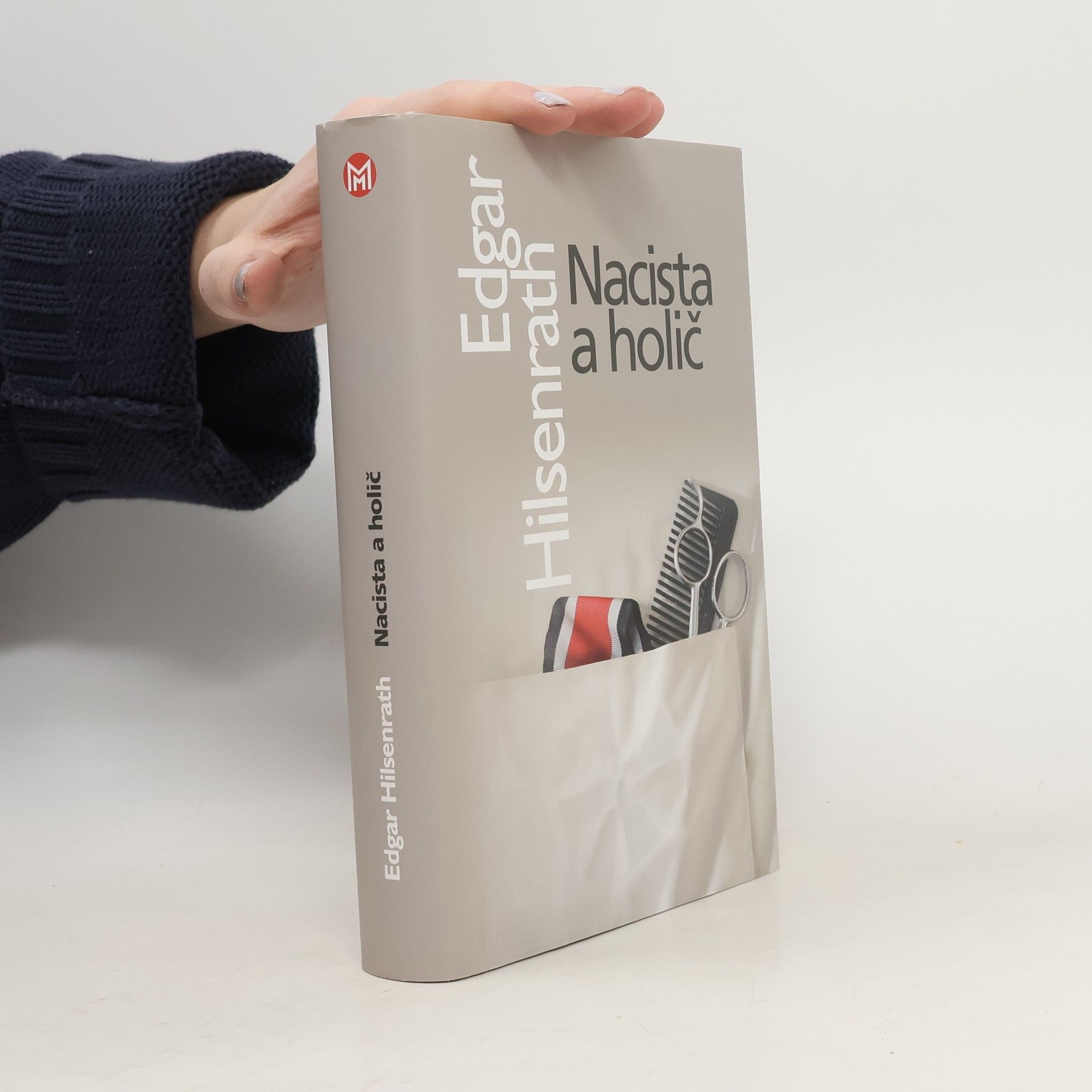Nacista a holič
- 368 stránok
- 13 hodin čítania
Bizarná groteska Nacista a holič rozpráva príbeh o masovom vrahovi Maxovi Schulzovi, ktorý po páde tretej ríše zmení identitu, stane sa Židom, odcestuje do Palestíny, a zapojí sa do boja o samostatný štát Izrael. Bremeno minulosti je však ťažšie než vrece plné zlatých zubov a démoni svedomia nespia ani v Zasľúbenej zemi. Vina, spravodlivosť a trest – hlavné línie tejto absurdnej frašky, bravúrne spracovaný pitoreskný svet prevrátených hodnôt, majstrovský jazyk spisovateľa, básnika, ktorý hlodá, rastie, pučí, kvitne... a ožíva, robia z tejto knihy smutno-veselý literárny skvost. Edgar Hilsenrath, nemecký Žid, spojil nezlučiteľné: satiru o holokauste a nacistickom Nemecku.










